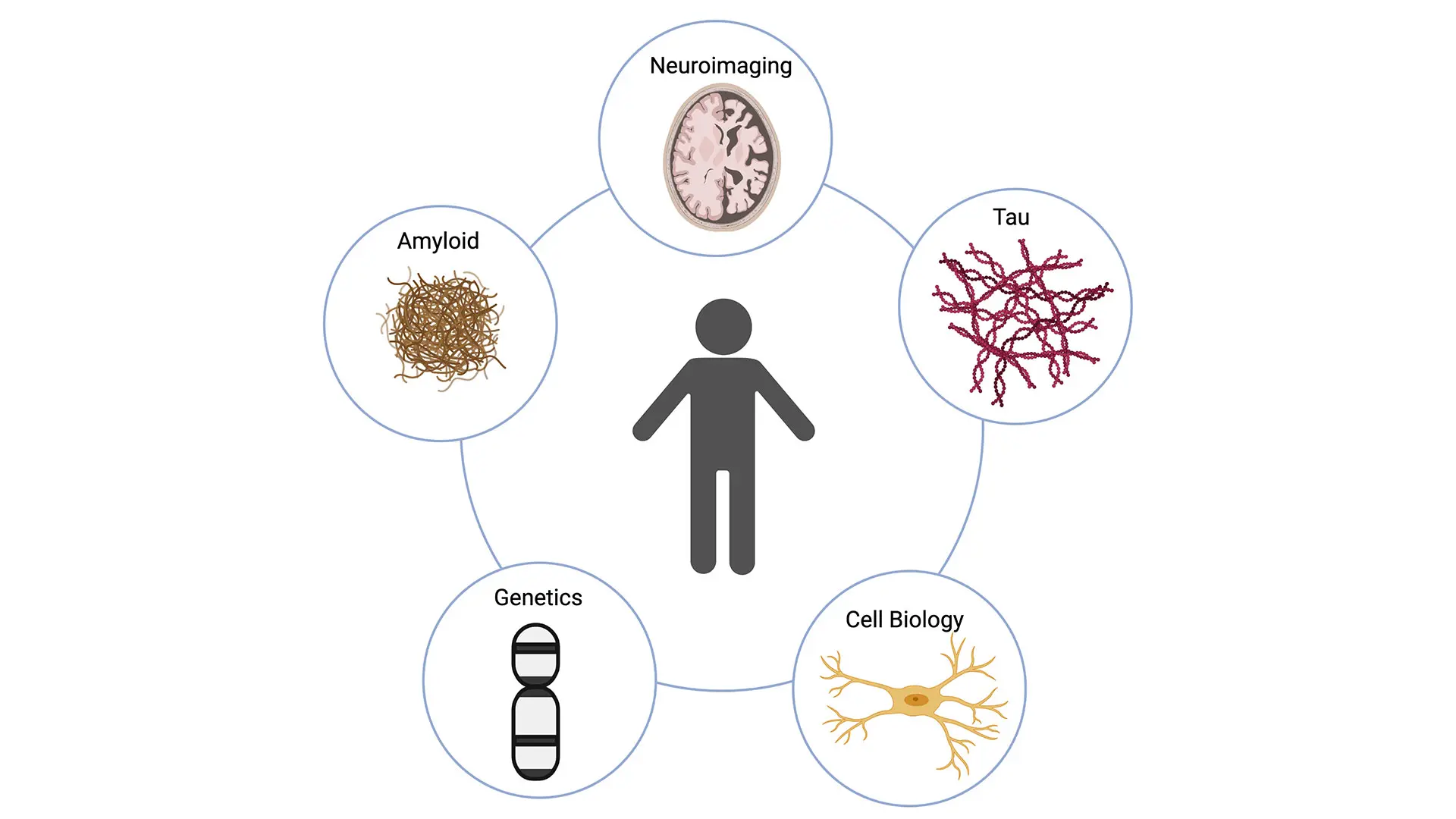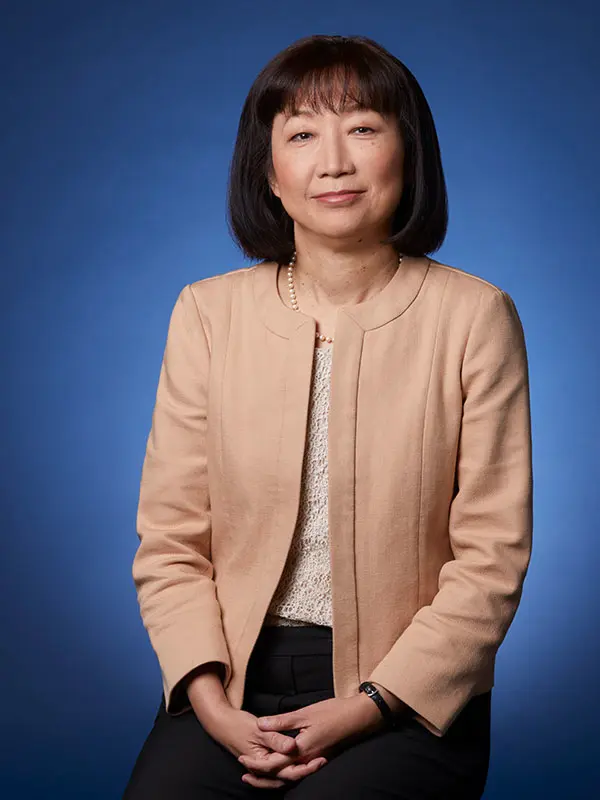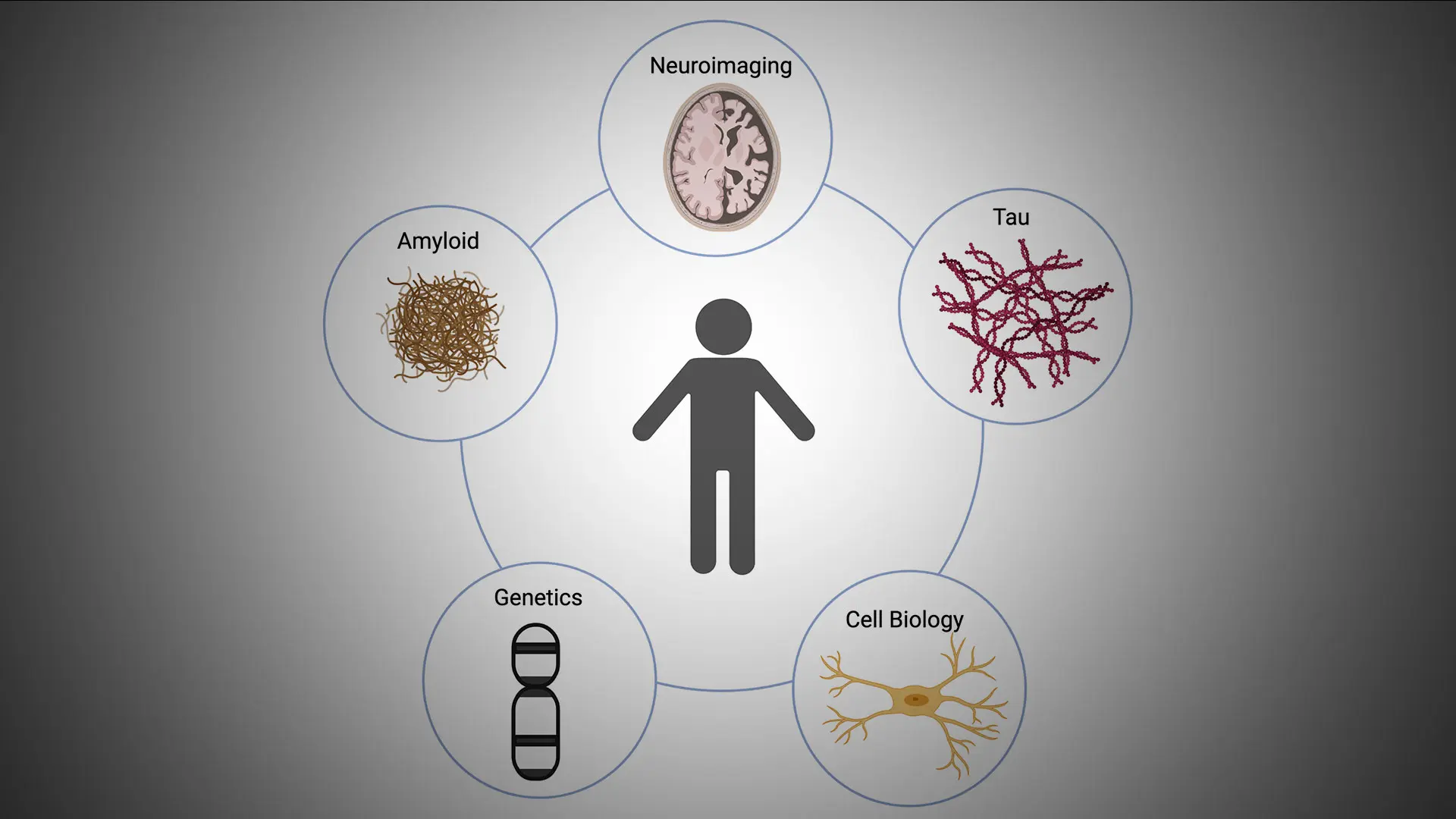“We hope to develop tools for early diagnosis and for early measurement of disease progression before cognitive decline appears,” says economist and philanthropist Sanford J. Grossman, PhD. “We also hope to elucidate the role of mis-regulated immune responses in the course of the disease.”
Housed within The Charles Bronfman Institute for Personalized Medicine and The Friedman Brain Institute, the program will be led by a team that includes Alison M. Goate, DPhil, a renowned neuropsychiatric disease researcher and molecular geneticist who led the team that identified the first genetic causes of Alzheimer’s disease; Trey Hedden, PhD, a leader in neuroimaging research who has extensive experience in the design and use of task-based functional MRI to test how age-related changes impact memory and executive function; and Judy H. Cho, MD, an investigator who has extensive experience defining the genetic architecture underlying differentiation of distinct immune cell subsets who is committed to translating genetic and genomic discoveries into personalized treatment solutions.
Other key leaders from the departments of Neuroscience; Neurology; and Diagnostic, Molecular and Interventional Radiology will contribute to the Grossman Center’s mission.
The first study will focus on a unique cohort of 100 patients…
…breaking from the historical approach of one-gene-at-a-time.
The center’s first collaborative longitudinal study will, over the course of seven years, focus on the development of a unique cohort of patients who will be recruited from within Mount Sinai’s BioMe™ Biobank, which has complete exome sequencing (a genomic technique for sequencing all of the protein-coding regions of genes in the genome) on more than 56,000 Mount Sinai patients who consented to have their DNA and plasma collected and stored for research.
Breaking from the historical approach of modeling one gene at a time, the Grossman Center team will initially conduct a genome-wide assessment to identify and follow 100 middle-aged individuals who are at high/low risk for the disease.

The Interdisciplinary Center in Neural Circuitry and Immune Function will leverage the unique capabilities of Mount Sinai’s leading experts in Alzheimer’s disease, genetics, stem cells, imaging, clinical neurology, neuropathology, and the Mount Sinai BioMe Biobank.
They will develop induced pluripotent stem cells from these individuals that can be grown into microglia, immune cells of the brain, to examine the behavior of these personalized cells in a dish, rendering a broader picture of how a cell’s function changes in response to an individual’s specific risk factors.
In parallel, the team will undertake a longitudinal study of these individuals, using the most advanced neuropsychological and neuroimaging approaches to examine the underlying brain changes that occur early during the development of Alzheimer’s disease and to garner a uniquely informed view of each individual’s biomarker trajectory. They will also conduct molecular studies of postmortem brain tissue to further elucidate changes specific to individualized risk and disease progression.
Featured

Judy H. Cho, MD
Dean of Translational Genetics; Director, The Charles Bronfman Institute for Personalized Medicine; and Professor, Genetics and Genomic Sciences

Alison M. Goate, DPhil
Jean C. and James W. Crystal Professor and Chair; Director, Ronald M. Loeb Center for Alzheimer’s Disease, Department of Genetics & Genomic Sciences

Trey Hedden, PhD
Director of Neuroimaging and Biomarker Research in Aging and Alzheimer’s Disease; and Associate Professor, Neurology, and Neuroscience
